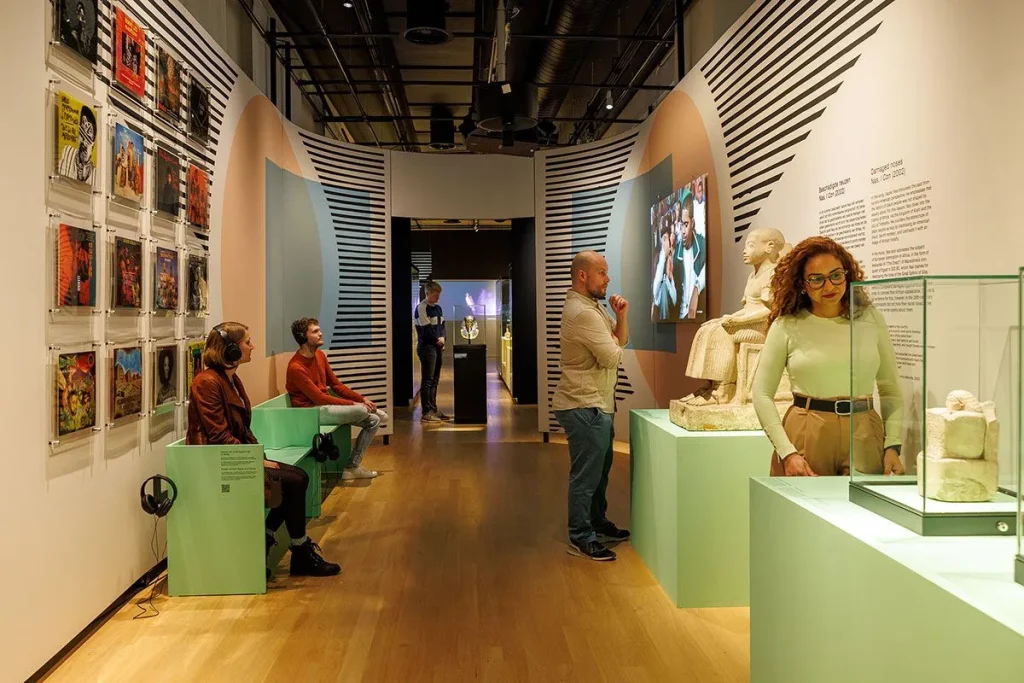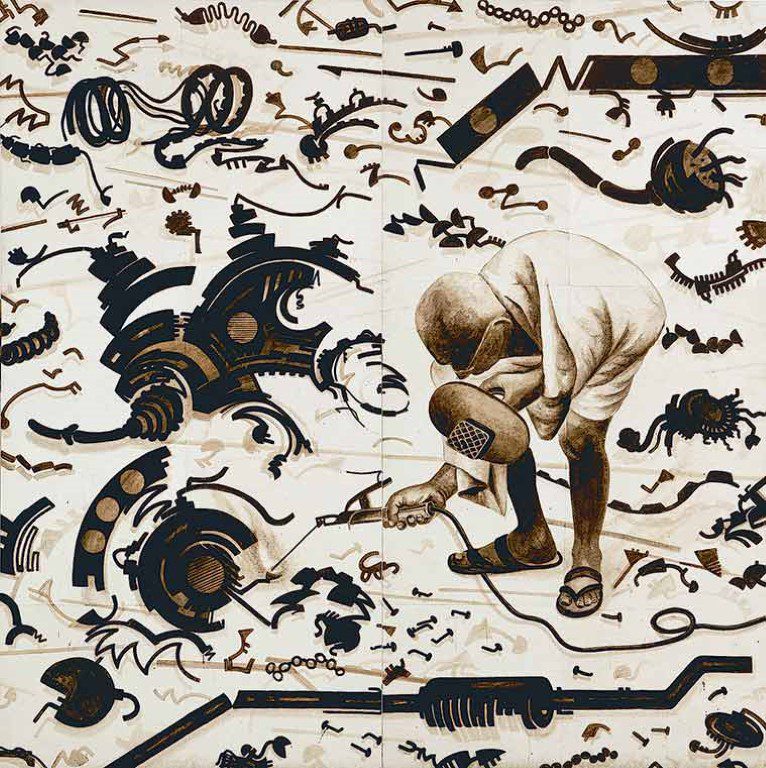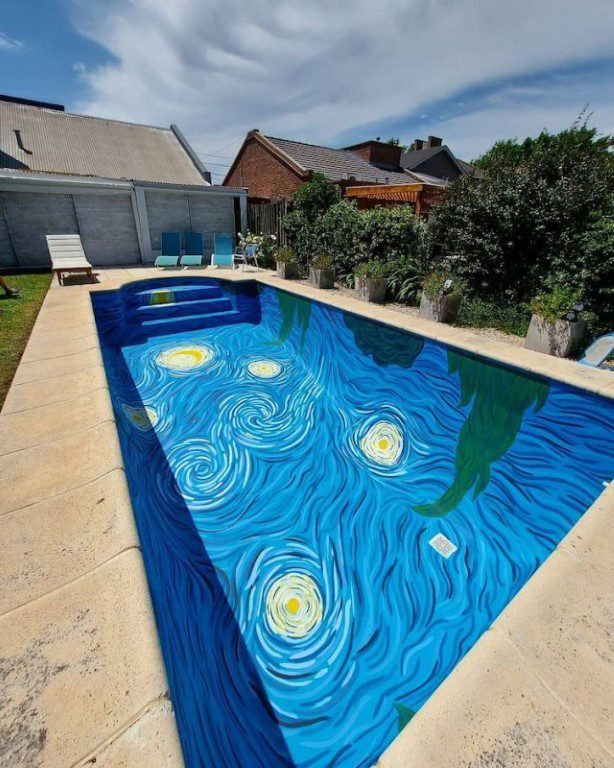Pratiksha Shome
Egyptian officials disallowed archaeologists from the Leiden National Museum of Antiquities from doing further excavations in the Saqqara necropolis after they offended them with their portrayal of ancient Egypt in the exhibition “Kemet: Egypt in Hip Hop, Jazz, Soul & Funk.”
According to a leaked email from the chief of the Egyptian Antiquities Service’s foreign missions, the museum is “falsifying history” because of the “Afrocentric” prism through which the display is told, the Dutch news outlet NRC said on Monday. Wim Weijland, the museum’s managing director, confirmed the information in a statement to CNN.
Egypt’s oldest pyramid, the pyramid of Djoser, is located in Saqqara, a vast burial site about 20 miles south of Cairo. Since it began regularly excavating Saqqara more than 40 years ago, the museum most recently went back in February for a month-long dig.
Weijland told CNN that the Rijksmuseum van Oudheden has been active in Saqqara since 1975. The museum has been denied permission to excavate here for the forthcoming season.
Weijland continued by saying that the museum is making an effort to “open the dialogue” over the prohibition with the Egyptian Antiquities Service. The “Kemet” exhibition was intended to “show and understand the depiction of ancient Egypt and the messages in music by black artists” as well as “show what scientific, Egyptological research can tell us about ancient Egypt and Nubia,” according to Weijland.
Ancient Aswan, Egypt, and Khartoum, the present-day capital of Sudan, were all parts of the ancient Nubian kingdom that spanned northeastern Africa. The most prominent of the numerous powerful empires that once existed in Nubia was the Kingdom of Kush, whose so-called “Black Pharaohs” were in charge of Egypt during the 25th Dynasty in the eighth century BCE. The “Kemet” exhibition studied “the influence of ancient Egypt and Nubia… in the works of a multitude of musicians of African descent, including icons of jazz like Miles Davis and Sun Ra and contemporary artists like Beyoncé and Rihanna,” according to the museum’s website.
When the show first debuted, it was quickly criticised. Negative comments against the show’s depictions of dark-skinned ancient Egyptians were frequently posted on the social media accounts of the Leiden National Museum of Antiquities. In response to criticism, the museum expanded on its curatorial objectives in a notice on its website and issued a warning that any abusive or racial remarks placed on its social media channels will be removed.
Source: ARTnews





